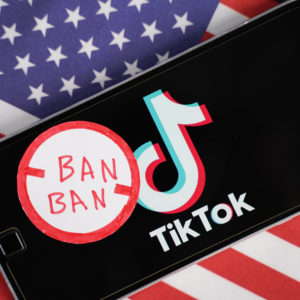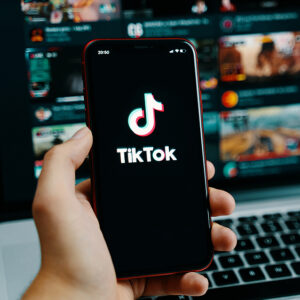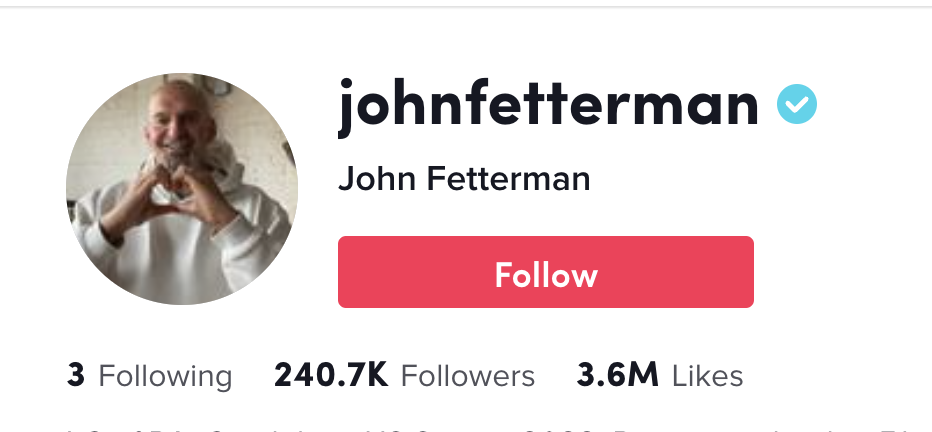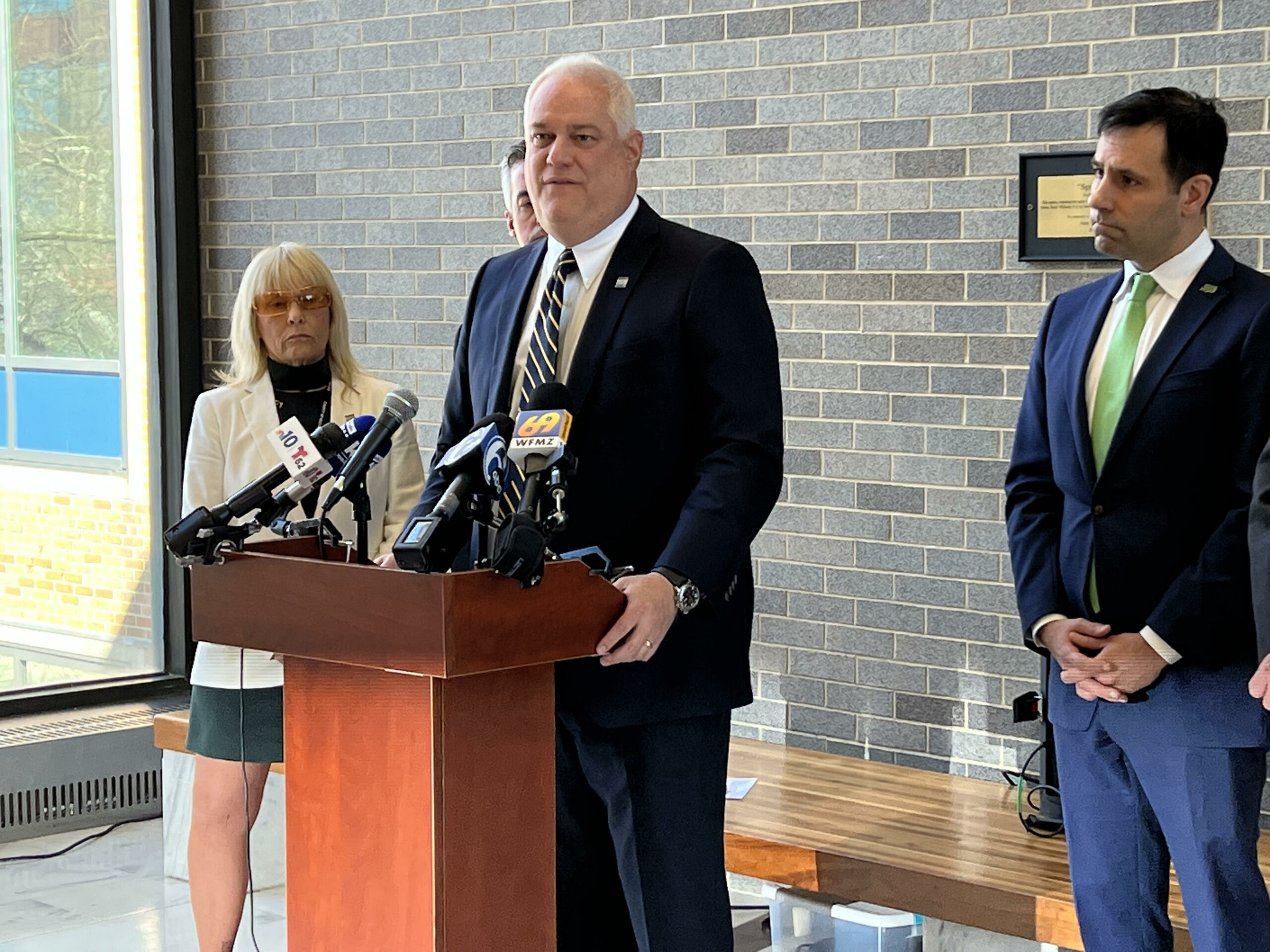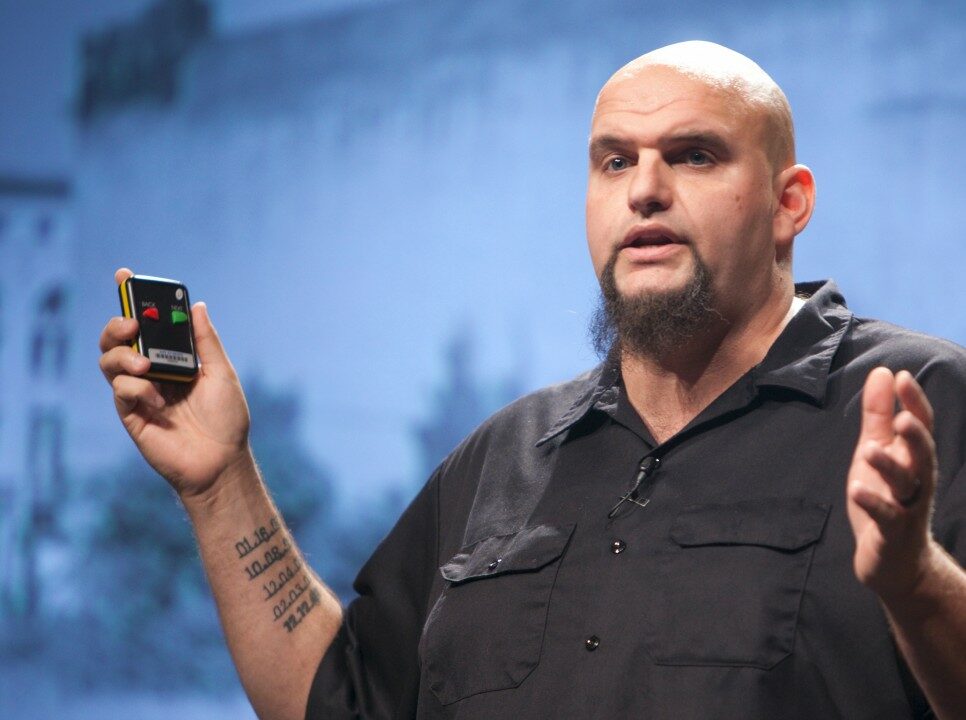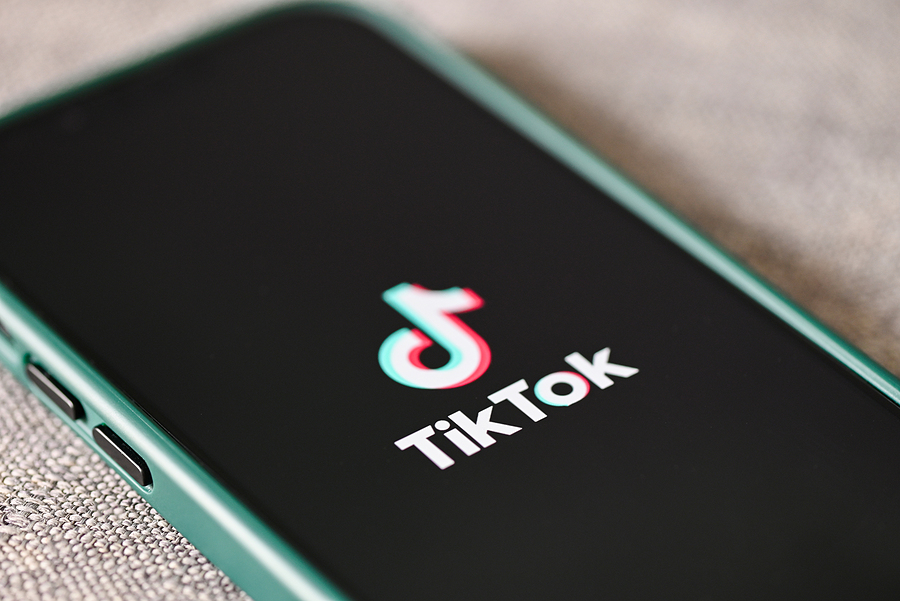
(This article first appeared in Broad + Liberty.)
“There is nothing more dangerous than not holding children accountable,” said Neil Young, a middle school teacher who was the victim of a fake TikTok account created by his students.
Students at Great Valley Middle School in Chester County created twenty-two fictitious TikTok accounts of their teachers, according to a statement issued by the Great Valley School District on June 13, 2024. While the incidents occurred back in February this year, they were only recently reported upon by the New York Times. The counterfeited accounts contained disparaging posts, ranging from racist to homophobic to pornographic, according to the Great Valley Teachers’ Union president’s comments made at the March 18, 2024 meeting.
Social media impersonation isn’t discussed as often as its cousin, doxxing, in which someone releases a person’s personal information like a home address or phone number in order to subject the person to harassment, but the teachers who were victims of these actions say it was every bit as damaging or worse.
Neil Young, a veteran social studies teacher at Great Valley Middle School, who is married with four children, was one of the victims of the students’ destructive behavior. Students created a fake account with his name that insinuated that he was gay and involved with another teacher at the school. The students combined pictures to make it appear that the two were in bed together.
“This is not funny,” was Young’s first thought when he found out about the post. He could not understand why students would do this to him or to the other teachers who were targeted. “These are great teachers.”
According to Young, the district’s administrative office (not the administration at the school) initially said that they would take care of the problem, but he was unsatisfied with their response.
Young was impressed when teachers stood up and demanded accountability for what happened to them, especially when “they felt like they weren’t getting the resolution they wanted from the district and law enforcement.”
A teacher and coach for twenty-two years, Young understands that middle school students are impulsive and make mistakes; yet he has witnessed a change in their demeanor over the years. “We have empowered children which is a good thing, but the pendulum has swung too far.”
Students are “careless in the way they use technology and have no understanding of the reach they have via social media. When they make mistakes, they are not apologetic and they employ a mantra of ‘I have rights.’”
When asked what he attributes the changes in students to, Young said, “empowered kids have tied our hands when it comes to discipline.” He said that the district does not enforce a consistent discipline policy, resulting in disastrous consequences for both students and teachers.
“Discipline is tied directly to achievement.” Young said that the lack of discipline is ultimately harming the students and interfering with learning and academic outcomes.
He believes that the district’s overreliance on legal counsel led to a mischaracterization of this situation as a First Amendment issue for the students.
In their statement issued five months after the incidents, the district said, “the challenge presented that these accounts were created outside of the school and may have represented students’ right to free speech.”
Young disagrees with the district’s characterization of the egregious behavior. He said that students used their district-issued iPads to take some of the pictures used in the TikTok posts in the school building during school hours.
Additionally, he does not believe that the district adequately investigated the situation. Rather, “teachers did a lot of the investigative work on their own” to discover the fake accounts.
Young also faults law enforcement for their lack of appropriate responsiveness to the issue. According to him, teachers contacted both local police precincts and the Chester County DA’s office, and the concerns were “blown off.”
Another large part of the problem according to the teacher is the overreliance on technology. He believes that teachers have been replaced with technology and are little more than a “glorified chalkboard” in the classroom. While the district states that technology is central to learning, Young sees it as one tool. Students receive minimal instruction on the appropriate uses of technology, and he believes it is far too little.
When asked how he would have handled the situation, Young gave a detailed plan:
“The district should have conducted a thorough investigation of all the students involved, including confiscating the district-issued technology devices and reaching out to parents to include them in the process.” He said that the district should have immediately explained to parents their child’s role in the incident and asked for their help by looking at their private TikTok accounts. “These students needed severe, significant consequences — maybe a one week suspension.” Young said that the district should have brought in law enforcement to the school to meet with students and explain the seriousness of the issue. Finally, before returning to the classroom, there should have been a meeting between the teacher and student where the student apologized for their behavior and accepted responsibility for the harm caused to the teacher.
This seems like a reasonable course of action that would not conflict with any First Amendment rights and is consistent with the tenets of restorative justice where victim awareness is paramount to the process.
According to Young, the district did a minimal investigation that did not include asking parents to look at their student’s devices, required the students to complete a responsible technology lesson, and a few received a one-day suspension.
The veteran teacher believes that the district wanted to “keep parents in the dark” and “sweep the incident under the rug.” His statement was validated by at least two parents who expressed concern at the March school board meeting that they had not been notified about the “attack on our teachers and their families.” One parent told the board that these students needed “real consequences” and the district needed to “grow a spine and don’t put our heads in the sand.”
These sentiments are also shared by former school board member, Bruce Chambers, who served from 2009 to 2012 and ultimately resigned due to the” high level of dysfunction on the board” and a personal situation. Chambers said that the district claims it wants “parents as partners,” but their current policies indicate the contrary.
He cited the district policy 103.3. “Appropriate school employees will privately ask known transgender or gender expansive students how they would like to be addressed in class, in correspondence to the student’s home, and at conferences with the student’s parent/guardian.”
Chambers said that if the district wanted “parents as partners,” they would not withhold pertinent information intentionally from parents. The former board member said, “the district’s reaction to the situation is lame.”
Following the New York Times article, the district posted an open letter to the community with this closing:
“Your partnership is critical. As a school district, our greatest asset is our collaboration between home and school. As we plan for the next school year, I implore you also to use the summer to have conversations with your children about the responsible use of technology, especially social media. What seemingly feels like a joke has deep and long-lasting impacts, not just for the targeted person but for the students themselves. Our best defense is a collaborative one. I have always valued your partnership and will continue to do so as we move ahead.”
This statement leaves us with more questions than answers. The district would not answer specific questions posed via email and instead sent the generic statement.
If collaboration is the best defense, why didn’t the district immediately involve parents in the investigation and ask for their help? I am certain that many parents would have searched their child’s phone to see if there was any evidence pertinent to the investigation.
According to Young and the New York Times article, the principal initially sent an email to only the 8th grade parents alerting them to the situation approximately a week after it occurred. A second email was sent a few weeks later to all middle school families stating that some of the accounts were still active and contained “offensive content.” Prior to the national news story, the administration never sent a communication to all parents about the situation.
If the New York Times had not run the story, would the district ever have notified all families?
Unarguably, our children are growing up in a challenging online world, and school districts are struggling to keep up with the daily changes; yet, they have a moral, ethical, and legal responsibility to protect both students and teachers from egregious acts, in addition to being transparent about what is happening.
Neil Young has yet to receive an apology for what was done to him and his family. That might be a good starting point.
(Author’s note: Neil Young is currently on sabbatical from the Great Valley School District and is running for U.S. Congress in the 6th District.)


